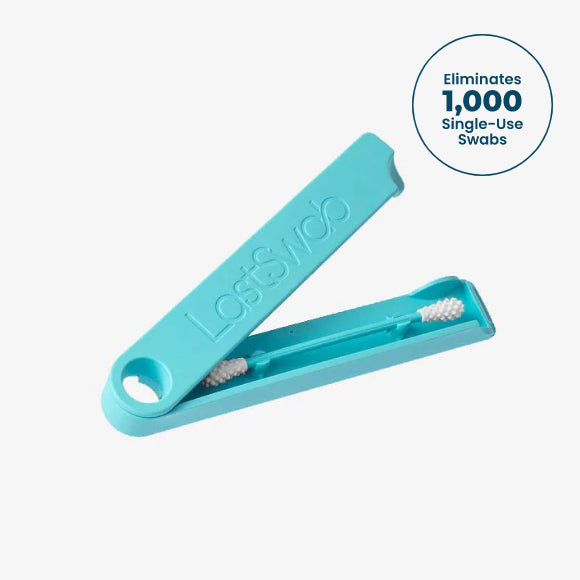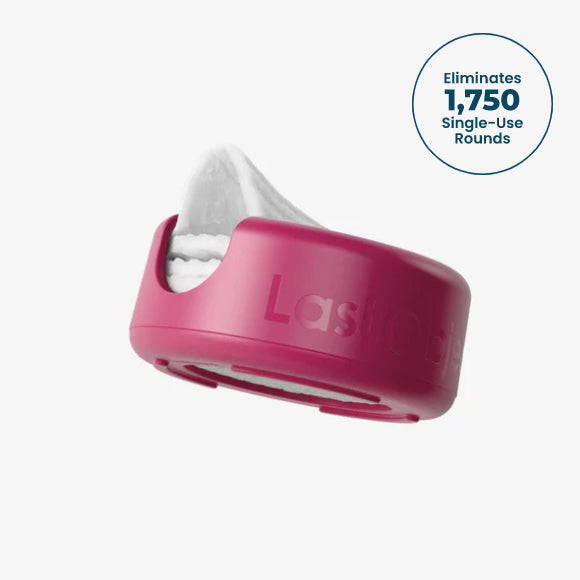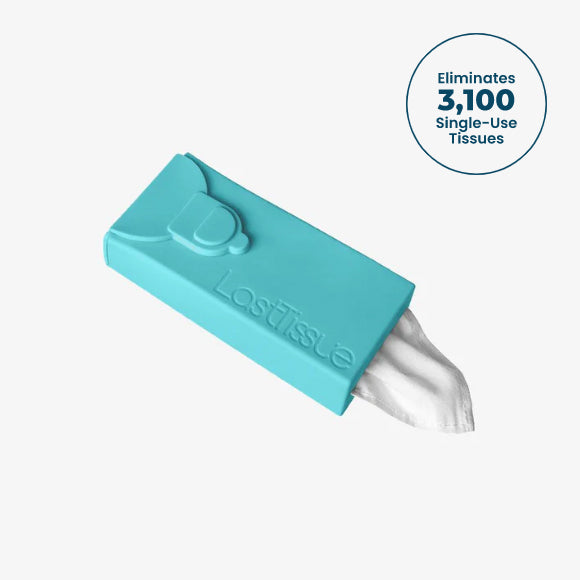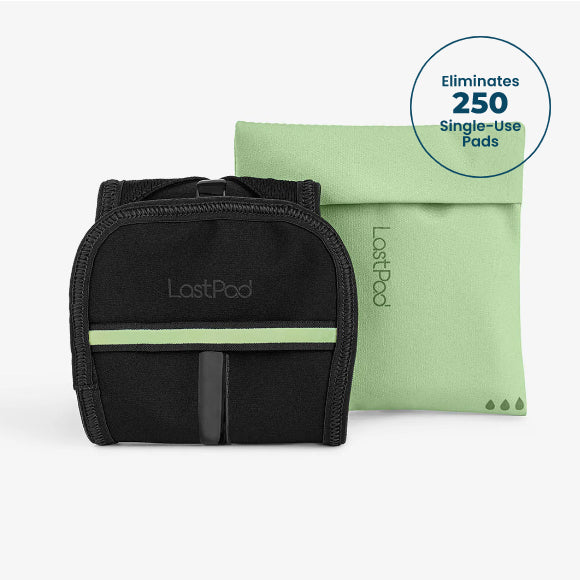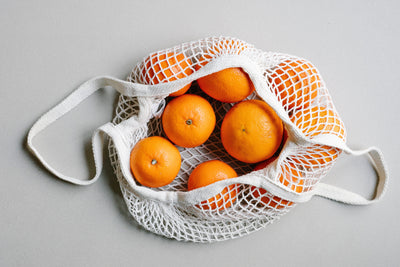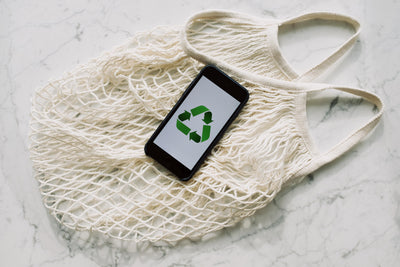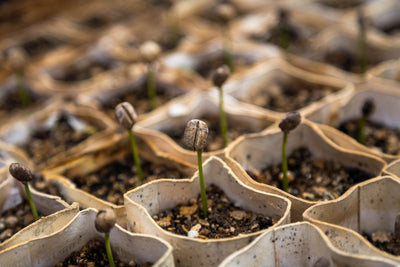Things That Cannot Be Recycled
November 10, 2021Recycling is widely considered as one of the more effective ways to protect our environment. Governments, scientists, and environmentalists all tell us to do more of it. But why so? Well, it’s because recycling can extend the life cycle of products. This can directly reduce the amount of hazardous pollution we produce.
That being said, not everything can be recycled. When we send non recyclable items for recycling, they cause more harm than good. In this article, we clearly explain what can't be recycled. This way you can be sure that your recycling efforts will help, not hurt, the environment.
What Can’t Be Recycled?
Before discussing what can’t be recycled, it’s important to first touch on how to recycle properly. Many plastics can be recycled, but these need to be cleaned and dried before being added to the recycling bin. Additionally, any food or other contaminants can interrupt the recycling process. This can ultimately cause more pollution, which is counterproductive to the recycling process. As a result, ensure everything has been properly washed and can actually be recycled before putting it out for collection.
Now let’s go through what can’t be recycled.
Styrofoam
Styrofoam is made out of polystyrene. This is one of the most widely-used non-recyclable materials. While some recycling facilities will take it, most won’t. You’ll need to check to see if your local recycling does but generally avoid it completely unless specifically told otherwise.
Cardboard Contaminated By Food, Grease, Or Oil (e.g. Pizza Boxes, Takeout Containers)
While cardboard can be recycled, it cannot be after it’s soiled by food products. For example, if the box your pizza came in is soaked in grease, don’t try to recycle it. However, there is a judgement call to be made here. A little grease or oil is fine but a drenched box containing lots of food is not.
This is because food and other biological materials can contaminate the recycling stream and cause damage to the recycling equipment. It can also negatively impact the other recyclable material.
Drink Cartons And Waxed Paper
Many liquids such as orange juice and milk are sold in cardboard cartons. While these materials seem like they should be recyclable, they actually aren’t. This is because they are coated with wax fibers to improve durability. These materials don’t break down, rendering the cartons non recyclable.
This is also the case with other papers and cardboards with wax coatings. The list includes most frozen food boxes, silicone baking paper, and wax-coated paper. Most of these need to be placed in the household waste bin. However, recycling plants are becoming more advanced all the time. Check to see if yours does accept these products before throwing them out.
Aerosol Cans
This is another item that may surprise a lot of people. Aerosol cans are made out of recyclable metal. However, they are also pressurized and often contain chemicals and propellants. This can lead to them damaging the recycling machinery. So even if they only contained whipped cream, aerosol cans shouldn’t be added to your normal recycling.
Plastic Grocery Bags
The vast majority of recycling facilities do not accept plastic bags. On the whole, you should do your best to avoid these items completely. They are not recyclable and take hundreds of years to decompose. Additionally, they are the main source of plastic marine pollution.
Instead, use a reusable bag made from a sustainable material. You can even upcycle some old sheets or clothes to make your own. Take whatever plastic bags you have left to a grocery store recycling bin. That way they can at least be reused rather than sent to a landfill.
Mirrors
While many glass products are endlessly recyclable, unfortunately mirrors are not. This is due to the coating placed on the back of the glass to make it reflective. Trying to recycle mirrors will contaminate the other glass in the recycling system, resulting in it becoming unusable.
If your mirror is in good condition, donate it to a charity store. If it is broken, then you can use the glass for arts and crafts. Otherwise, you should safely throw the glass away.
Clothes Hangers
Most recycling centers don’t accept clothes hangers for a number of reasons. Firstly, they are often made out of multiple materials (such as plastics, wood, and metal). This makes them very difficult to recycle. Also, they often catch on the mechanisms in the recycling equipment, causing damage. For these reasons, it’s much better to donate them to a thrift store or give them to a dry cleaner.
Paper Towels
While paper is often fine to recycle, paper towels are generally not. There are two reasons for this. Firstly, most paper towels are already made from recycled paper. This means the fibers tend to be too short to undergo the recycling process again. The second reason is that paper towels are often used to clean food and absorb other substances and materials. As previously mentioned, this can contaminate the recycling stream.
Toys
Plastic children’s toys are often made out of a variety of different plastics. Not all of these will be the kind that can be recycled. Consequently, you should not place toys in your recycling bin. However, you can donate them to charity stores, nurseries, or other similar places. For electronic toys, ask your local authority what system is in place to correctly discard them. Councils often run collections to recycle electronic goods.
Ceramics & Oven Safe Dishes
Ceramics, Pyrex, and other heat-resistant items are generally not recyclable. This is because they have been designed to have a higher melting point than most glass. Recycling centers generally don’t have the capacity to recycle these items, and will likely turn them away.
Check to see if your local facility does handle them. Alternatively, you can donate them if they’re in good condition. Otherwise, you’ll need to add them to your general waste.
Selected Glassware
Most glass is completely fine to be recycled over and over. However, some glass is treated with chemicals or undergoes processes that make it unrecyclable. This includes light bulbs, window panes, drinking glasses, eyeglasses, and art works. It’s a good idea to check with your local recycling center to see which types of glass they do and don’t accept.
Selected Container Lids
The majority of lids on containers like soda and detergent bottles aren't recyclable. They are made out of polypropylene, which is one of the least recyclable plastics. Most recycling centers won’t process this material. As a result, avoid buying these products as much as possible.
Hardback Book Covers
Most books can be recycled without a problem. However, hardback book covers contain other materials that are used to strengthen them. These render them non-recyclable, and so should be cut off first. You will need to throw these away with your waste. Before doing this though, check to see if any charity or thrift stores will take the book as a donation.
Treated Wood
On the whole, wood can and should be recycled. However, when wood has had any varnish or finish applied to it this is no longer the case. These treatments have many chemicals that will contaminate the recycling stream. In fact, they can also contaminate the environment if they are not disposed of properly.
Any Medicines Or Medical Waste
Medicines are tightly regulated substances that you cannot donate to clinics. Additionally, any medical waste such as needles can pose serious health risks. These must all be disposed of properly. Contact your local authority to find out what the correct procedure is where you live.
Recycling Done Right
There you have it! You should now have a better grasp of what can’t be recycled. As you read through the article above, you were probably surprised by a few items that actually need to be thrown out with your general waste or donated.
Recycling is a great practice that can bestow significant benefits on the environment. But for this to happen you first need to understand all of the nuances involved or risk sending the wrong items into the recycling stream. This can contaminate materials, damage equipment, and cause even more environmental harm.
MORE Going Zero Waste ARTICLES View all ›
Ready to make
the switch?
- Powerful Cleaning
- Dissolves Easily
- Skin-Friendly
- Eco-Friendly
- No Mess





